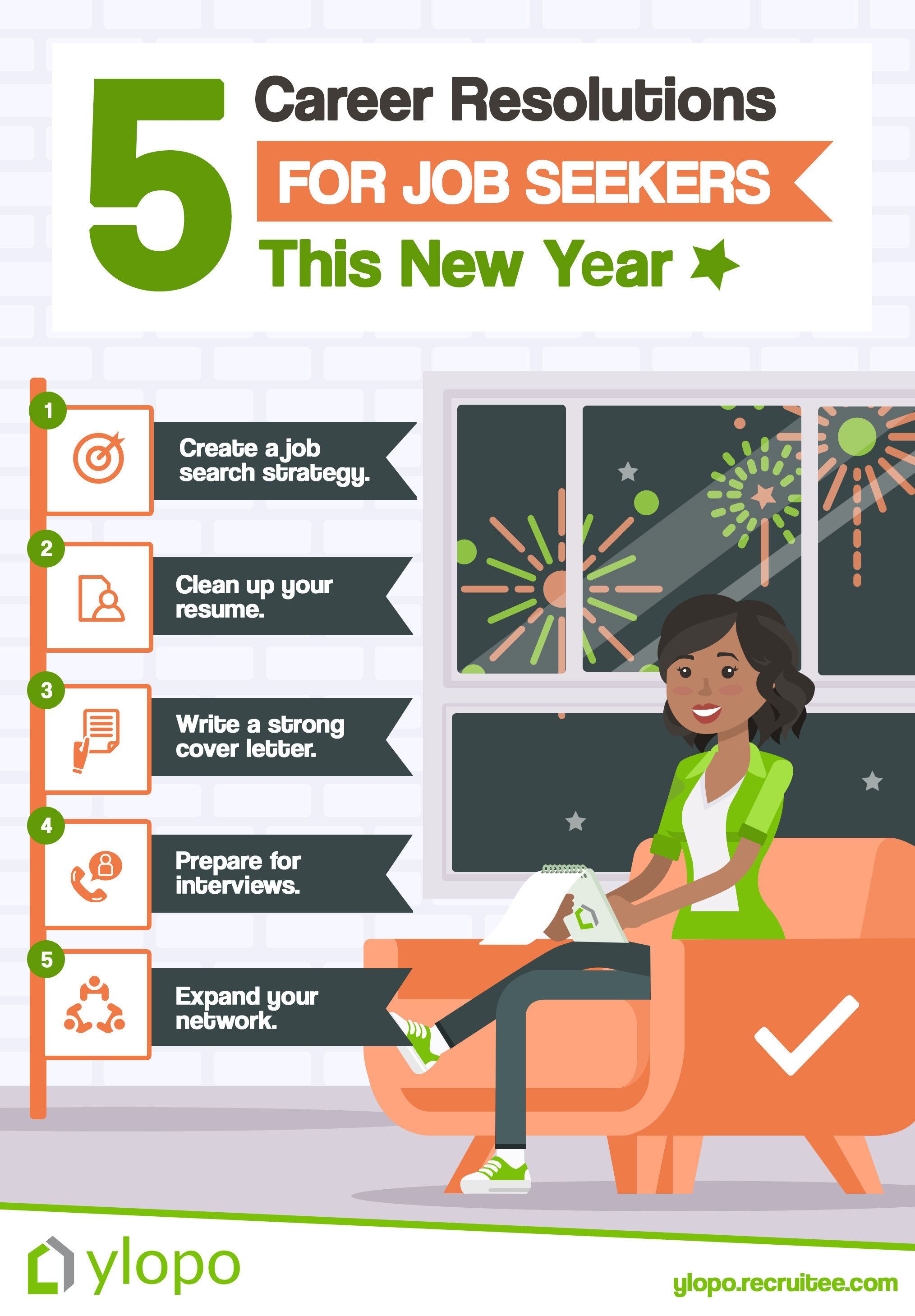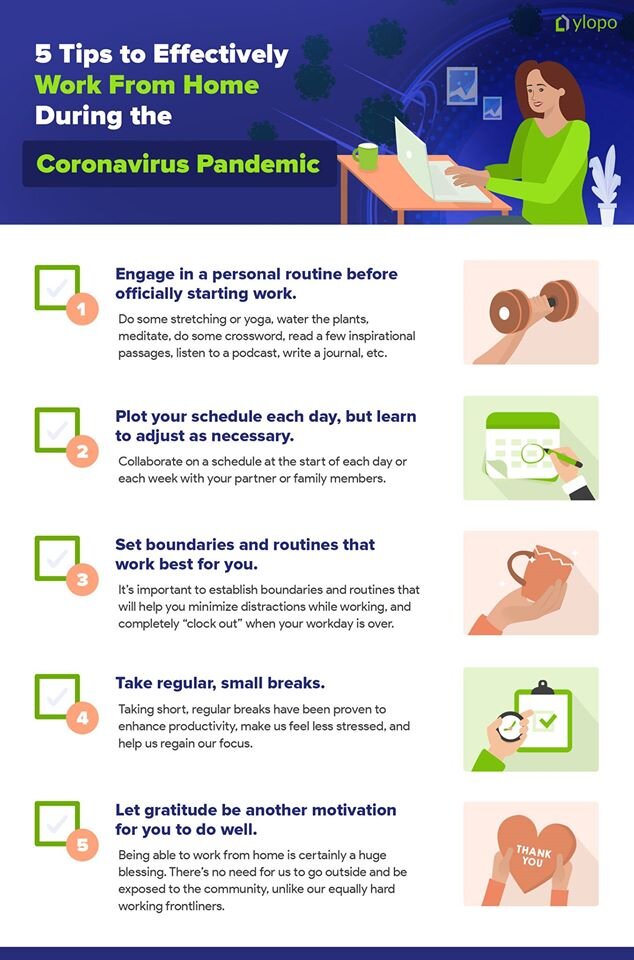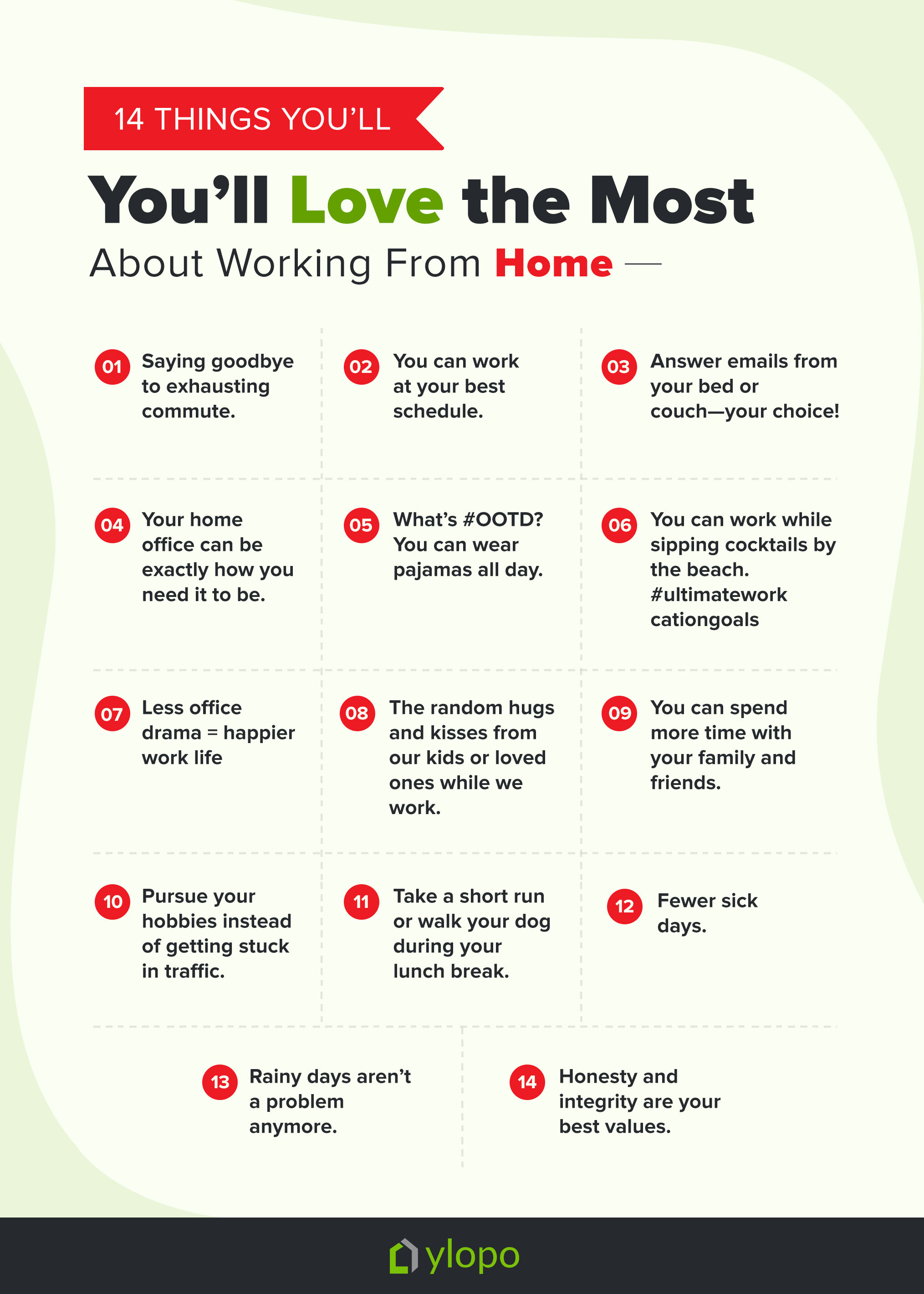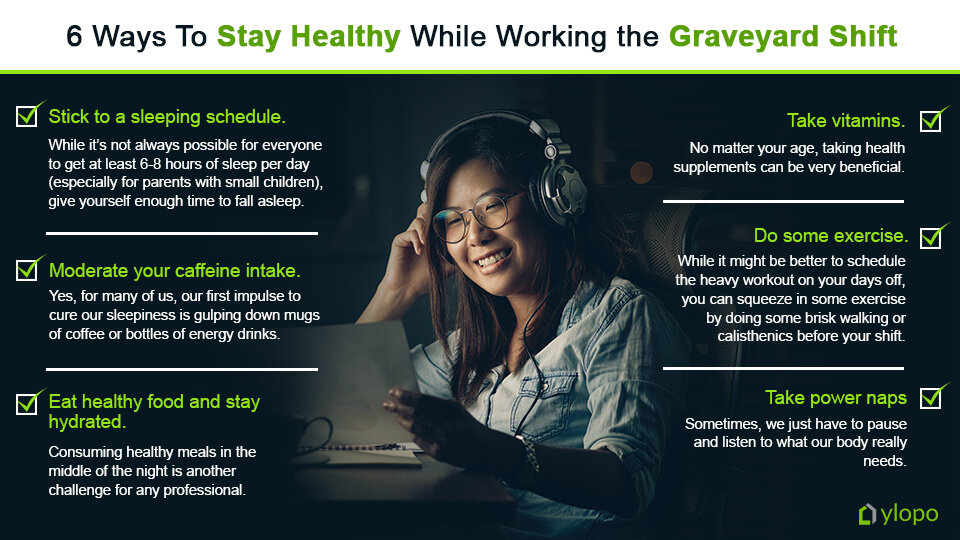In the spirit of New Year’s resolutions, here are a few things you can commit yourself to if you’re serious about finding your dream job or make a positive change in your career this year.
1. Create a job search strategy.
Before launching your job search, take the time to evaluate what you really want out of your career. Identify your core competencies, which includes your skills and characteristics, and highlight these competencies in your application materials.
As part of your plan, describe your dream role or position, your ideal organization, and the work culture you want to belong with. By creating a strategy, you could also think about whether you want to stay on your current career path or switch to a different industry for good.
2. Clean up your resume.
You might think it’s cliche as making a list of New Year’s resolutions, but it’s an important tip that all job seekers should consider. Clean up and improve your resume this new year—making sure that you highlight your core competencies, update your contact information, as well as your character references.
Leave out personal details such as your religion, sexual orientation, or even marital status. You can omit items like seminars and extracurricular activities you attended in college if you graduated years ago. Also, make sure that your resume style is up-to-date, and then have it ready in both online and in printed form.
3. Write a strong cover letter.
Believe it or not, hiring managers and recruitment specialists can tell if you sent a generic cover letter, or cut and pasted the same cover letter to every job application you’ve made. As much as possible, personalize every cover letter you send out. A strong cover letter will make a recruiter want to keep reading to find out more about you, earning you a slot on the next step of the application process.
4. Prepare for interviews.
If you often get nervous during interviews, resolve to be better this year by devoting time to improve. Try to practice your responses to different situations, or take part in mock interviews with friends and/or networking contacts. These activities will help you develop natural and truthful answers to common interview questions like “Tell us more about yourself” or “Why do you want to work here?”
Likewise, do your research about the role and the company you are applying for so that when questions about the organization come up, you can show that you did your homework and are genuinely interested in the position.
5. Expand your network.
Networking is about building relationships, so don’t be afraid to reach out to a member of your alumni association, an old colleague, or someone you just met at an industry event. When you are job-hunting, reaching out to different people can help you build your personal network, especially if you encounter professionals who enjoy talking about their work and their organization.
Similarly, leverage social media instead of treating it as a distraction when searching for a job. Build your brand across various professional networking sites, such as Linkedin and Quora. If you’re looking for a freelance gig or a work-from-home job, build your profile in websites like OnlineJobs.ph, Upwork, and Craigslist, to give you a better chance to connect with a large pool of potential clients and outsourcing companies.


























































































